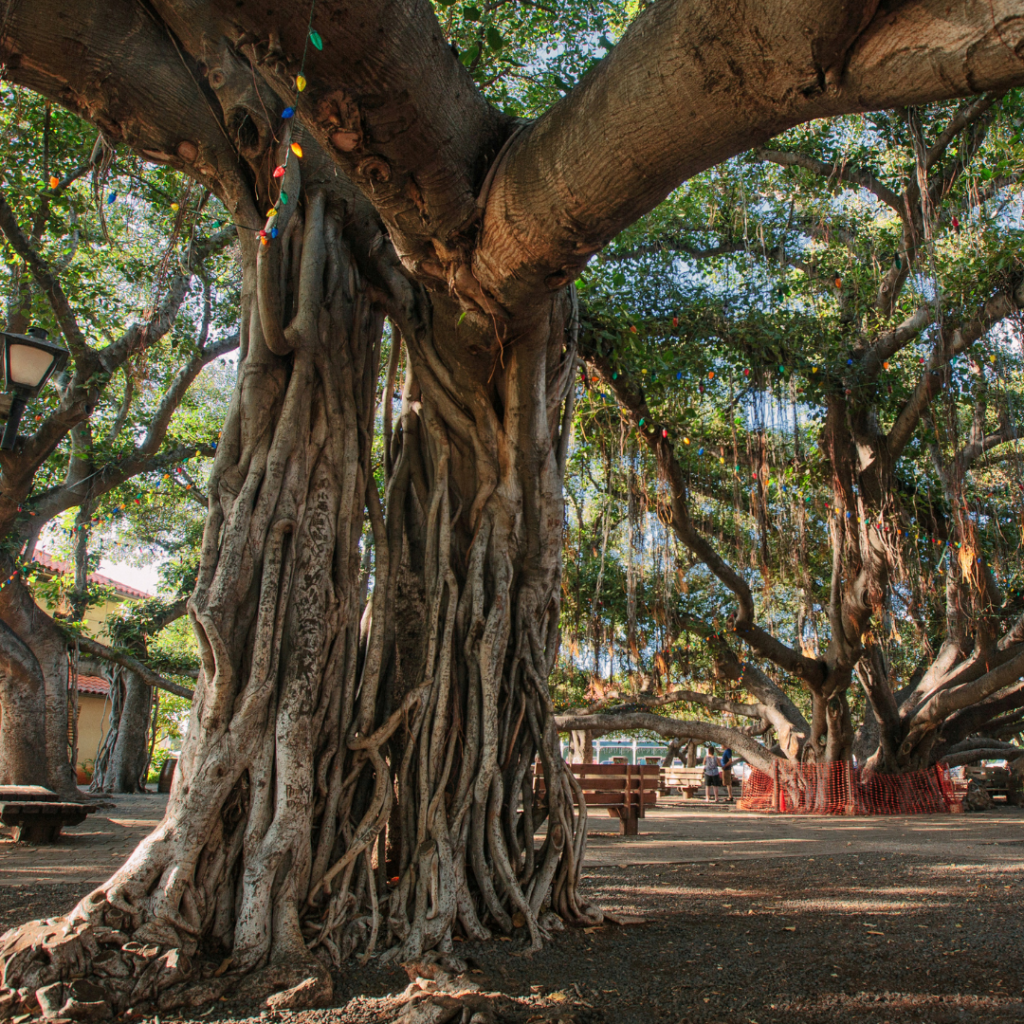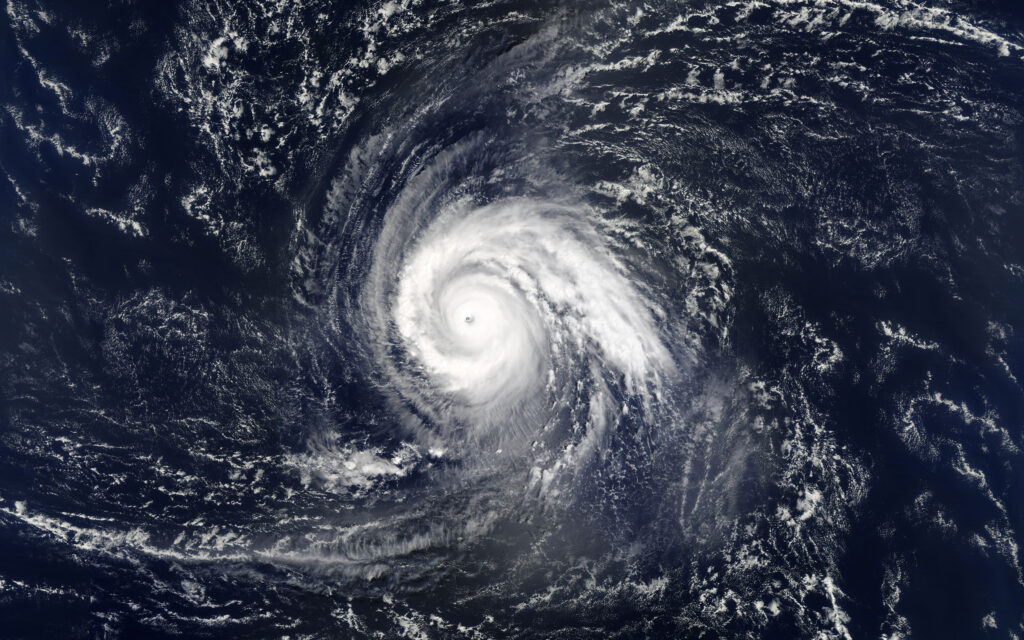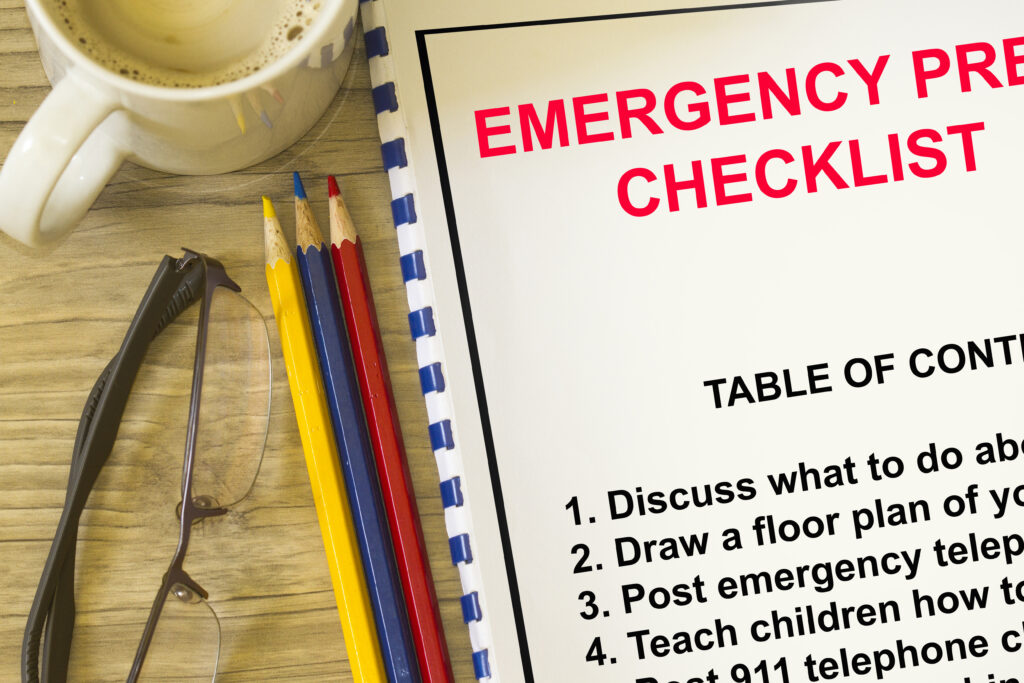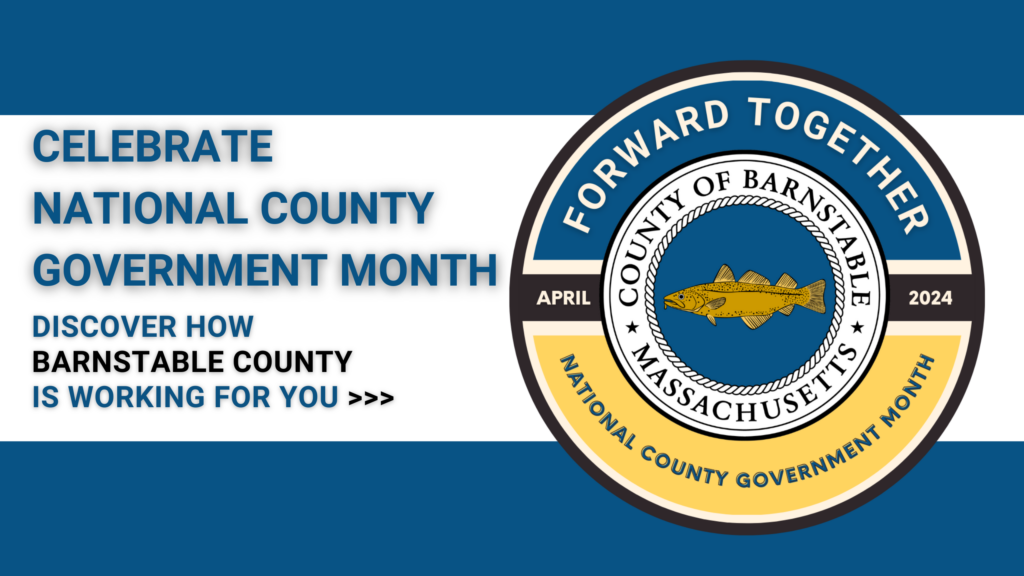
Wildfires in Hawaii are a Cautionary Tale for Emergency Preparedness on Cape Cod
On Tuesday August 8th, coincidentally the same day Cape Cod was impacted by torrential rain and an isolated tornado, residents and visitors of an island community in the extreme western reaches of our country experienced a far more devastating disaster. A brush fire, fueled by hurricane force winds and dry air, quickly engulfed the town of Lahaina on the Island of Maui, killing over 100 people. In a single day, an entire town; a historic and cultural landmark in the state of Hawaii, burned to the ground. Houses, restaurants, businesses, schools, parks (more than 2,200 structures) were consumed in a single day.
Black Swan Theory

The wildfire in Maui might be categorized as what is known as a “Black Swan Event”. The term was coined in 2001 by Nassim Nicholas Taleb, a mathematical statistician and risk analyst, to describe a low probability, high impact outlier event that comes as a surprise, has major social and economic consequences and is often inappropriately rationalized after the fact with the benefit of hindsight. Taleb advocates what he calls a “black swan robust” society; meaning a society that can withstand difficult to predict events. A resilient society.
Taleb’s theory speaks to the role of psychology in emergency preparedness. As humans, we are better at preparing for predictable, everyday hazards. Take, for example, winter storms on Cape Cod. Many of us know that each winter, we’re likely to get at least one Nor’easter that brings heavy wet snow, high winds, and significant power outages. People with means invest in generators, snow blowers, and heated driveways. They expect that these investments are likely to have future payoffs. At a minimum, many invest in firewood, flashlights, and battery-operated chargers for our electronic devices to have on hand. Because we know that power outages on Cape Cod are common and likely, we are incentivized to spend money and take preparatory actions that minimize the disruption to our every day lives. But what about rare events that are perceived as low probability or low risk? Say, for example, a significant hurricane on Cape Cod?
Now, by definition a true Black Swan Event is wholly unpredictable. And while wildfires during Hawaii’s dry season are common, the combination of factors that came together to cause such extreme devastation in Lahaina on August 8th were arguably on the outskirts of conceivable outcomes. A hurricane on Cape Cod however, is not on the outskirts of conceivable outcomes. We know that a hurricane can happen here. We know that a significant hurricane can happen here. But do we BELIEVE that it actually will? Are we willing to do what it takes to ensure with certainty that our community is resilient enough to survive a category two, three, four, or even a category five hurricane and thrive during its after-effects?
Emergency Preparedness on Cape Cod

One lofty goal of emergency preparedness is the extinction of the black swan, and this can be tricky business. Spending time, money, and manpower on likely scenarios is easy. Doing the same for rare, outlier occurrences is much harder, both from a government and individual perspective.
Here on Cape Cod, we have a unique collaboration between state and local government, first responders, non-profits, volunteer organizations, and public utilities. Representatives from the County and each of the towns participate. It’s called the Barnstable County Regional Emergency Planning Committee (BCREPC), and it meets monthly to discuss potential hazards to our region.
During a weather event, the group meets virtually daily or even twice daily depending on severity and need. Often the calls can attract over 200 participants. While this level of regional communication is important, the success of our community leaders and first responders rests entirely on each individual’s emergency planning efforts which, again, are essential for resiliency.
Inspiring Resiliency
Many survivors of the Maui fires reported running from their homes with nothing but the clothes on their backs. No wallet, ID, medications, or important documentation. Imagine if it was standard practice to have a “go kit” by the door. A Ziplock bag containing copies of vital documents such as personal records (birth, marriage, divorce, adoption and death certificates), passports, driver’s licenses and other personal identification documents, social security cards, property leases, deeds, mortgages, and other related records, an assortment of pay stubs, bank statements, retirement statements, debit card and credit card numbers, medical records (prescriptions, copies of health insurance cards, health provider contact information). Some of these documents require effort to gather, while others are readily accessible. Either way, it would only take a few hours on a weekend to pull them together for most. But IF the black swan came calling, that one Ziplock bag could mean the difference between complete devastation and a running start to rebuilding.
Small Efforts Have Big Returns
www.ready.gov which is packed with tips to prepare for and recover from many different types of hazards and emergencies. Spend 10 minutes scrolling through the site and get an idea of the small things you can do to prepare. Next time you go through the mail, set aside a bank and/or mortgage statement for your “go bag”. Next time you’re at the hardware store, pick up some extra batteries and a flashlight. When you go grocery shopping, grab one extra gallon of drinking water and some dried goods and add them to a small stockpile in your basement or garage. Every little bit counts.

A community of prepared individuals is resilient. So even when disaster strikes, there’s a stronger support system for those among us who didn’t have the means or wherewithal to prepare. As we approach September, which also happens to be National Hurricane Preparedness Month, try to envision what a category three or higher hurricane would mean for you as in individual, your family, and community, and start to embark upon “readiness” to the extent that you feel comfortable. Remember… small steps can have big payoffs when and if disaster strikes. And if, by chance, you have to evacuate your home and all your worldly belongings, one Ziplock bag by the door can make all the difference.



